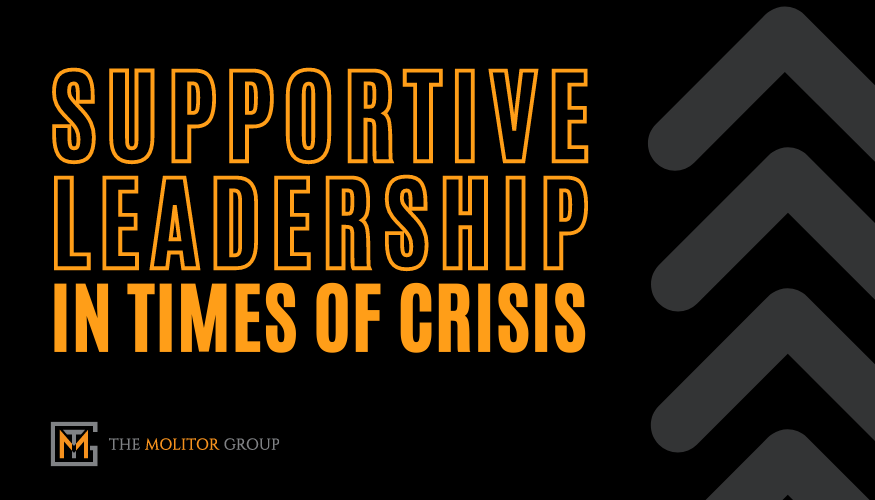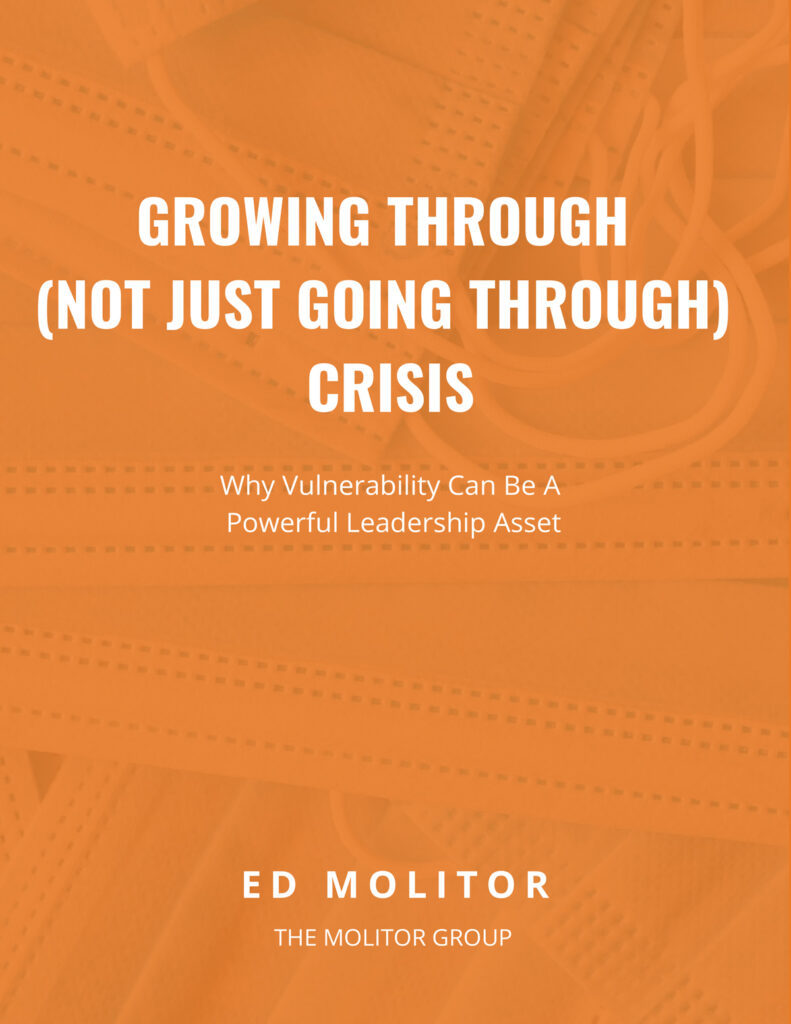In one of my recent experiences, I had the opportunity to deliver a Keynote at the NS3 Summit in St. Louis, where I spoke about driving positive change through collaborative innovation and how we can be at our best as leaders so our team members can be at their best, key on supportive leadership in times of crisis.
The feedback and conversations I received following the talk were incredibly positive. After the event, as I returned to my suite at the Hyatt by the Arch, I shifted my focus to the work that I needed to complete before I left for the airport and the first thing I wanted to do was check in on my family… so I sat down in a chair, put my feet up, and called home.
After a few minutes of chatting and laughing, my wife Nancy looked at me and said, “You obviously haven’t seen our accounts yet have you?” Why did I get the sense some shoe was about to drop?
Our primary checking account had been hacked for the second time in two months and this time they managed to drain it down to the last $150.
All of a sudden there was the potential for a sudden mood swing and a whole lot of “what-ifs” and of course, there may have been a few cuss words at the tip of her tongue. (ok, I meant my tongue). Neither of us planned to have this happen nor had time to deal with it, but we had no other option.
After walking through what Nancy had already done and the conversations she already engaged in, I asked for the direct number of the bank manager. We will call him Bill. This was not my first rodeo with Bill as this bank holds our personal accounts and my business accounts. He is a great guy, but customer service and support are not his strengths. And, please do not hold your breath waiting for empathy and concern.
Odd, isn’t it?!
There was zero small talk when he picked up as I warmly greeted him and had him walk me through the process of what he had done and what was next. Bill calmly explained that he had no control over what happened from here and that he could only issue my wife a new debit card, file the necessary forms and requests, and wait to hear back as he had no idea what they do with it on the other end.
And he assured me that once the 10 charges cleared and we filed everything we would have our money back in 10 business days. He mentioned that Nancy came in and transferred money from the business to cover our loss in the meantime.
This interaction led me to reflect on an important lesson. I told Bill, “I haven’t built my business, taken risks, and worked tirelessly just to cover the mistakes of your bank’s fraud department. What if our business were struggling? What if unforeseen circumstances affected our revenue or our ability to cover this mistake?” I believed that the bank should take a proactive approach in solving this problem, fighting for us to the best of their ability.
“One last thing, Bill….I am curious how this might happen and what we can do to prevent it from happening again.”
Without missing a beat, as if he has said it a hundred times before, he says, “I don’t know why or how it happened, my hands are tied, I can only do what I can do and that is not much, I am just the bank manager here and all I can tell you is to be careful where you use your debit card and it will be resolved.”
Not one mention of the business which they have held the accounts for six years, not one nod that business must be going well, not one question about Nancy or the kids, nothing about being able to manage for 10 days being down $5,000.
His focus was on his world, covering his butt, and minimizing the expectations we had of him while helping us through this situation.
I see leaders do this with their people every now and again and it is painful to watch. They simply acknowledge the struggle, ask minimal questions, and tell them to follow the process while assuring them they will do everything in their power to help. Then, they put the onus on their team member.
Supportive Leadership: How to Be a Source of Strength for Your People
As leaders, we often face constraints that many do not know about, nor do they need to. Our role is to be a source of support and strength for our people when they need it most. They don’t need to know our personal limits, but they need to know what we can and will do and the mental and physical effort we will put in for them. They truly need to know we care, and you as their leader better care.
All the other things that are going on in our lives as coaching leaders do not matter at that moment. The one thing that matters is being there for them and showing up to the best of our ability.
As a college coach, I did not sit down in my office when a player came in with an issue and told him about all the challenges and adversity I had going on in my life. Bills, relationships, family health issues, personal challenges, a dog who ticked off the neighbors, hair in my food at breakfast… no!
It was about him. It was about what I could do to help. It was about the role he could and should play in a successful outcome and it was about laying out everything I was capable of doing and willing to do to help. From there I would overcommunicate and keep him in the loop. He knew I had his back and cared for him and the situation.
As coaching leaders, we are always busy and being pulled in a hundred different directions. We have personal and professional challenges that pop up every day. But the privilege we have is to tap into our ability to lock into our people when they need us most and to help them grow through discomfort.
Remember, being a coaching leader is about conviction and not convenience.
Coaching Practice in Supportive Leadership
Here are some steps you can take as a coaching leader to be at your best when your team members need you the most:
>> Clear your mind and get to a quiet mental space where you can focus and be present.
>> Listen wholeheartedly… Pay attention to every word, read their body language, and seek emotional cues in their voice. This helps you pinpoint the things that are impacting them the most.
>> Ask tough questions… and truly listen to their answers.
>> Show compassion and empathy… Be genuinely understanding and caring towards their struggles and emotions.
>> Put a plan together and create a vision for a successful outcome.
>> Ask… “Is there anything else you think we could do or I can help you with?”
>> Then go to work and overcommunicate what is happening.
This was originally published as a weekly newsletter from Ed Molitor, with The Molitor Group. If you’d like to receive the weekly newsletter, scroll below to subscribe.




